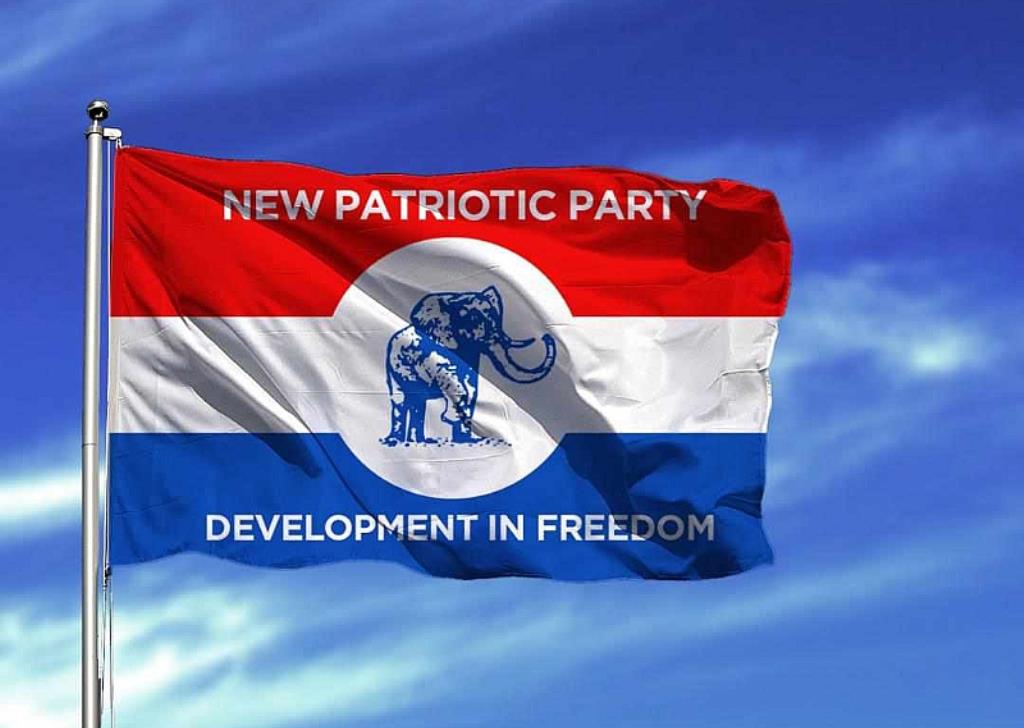As the dust settles on the New Patriotic Party’s (NPP) parliamentary primaries, a political analyst, Dr. Jonathan Asante Otchere has weighed in, suggesting that the significant number of incumbent MPs who lost their bids may be indicative of protest votes against the government.
The NPP’s parliamentary primaries over the weekend witnessed a notable number of incumbent Members of Parliament losing to new contenders within the party. 28 MPs, some including ministers and deputies, lost their bid to return to parliament while 19 MPs decided not to contest the parliamentary primaries.
Among the MPs who lost the Saturday election include, Sarah Adwoa Safo, former Gender Minister and MP for Dome Kwabenya, Lariba Zuwera Abudu, the Gender Minister, and MP for Walewale, Minister of Sanitation and Water Resources and MP for Tano North, Freda Prempeh.
Dr. Jonathan Asante Otchere, a seasoned political analyst, contends that these outcomes may signify dissatisfaction among party members, reflecting a form of protest against the government’s failure to channel development projects to the constituencies of the defeated MPs.
“These are protest votes against the establishment and they want the establishment to understand that the electorates have not been treated fairly. It is a manifestation of the failure of the central government that has manifested itself in the areas where they have their MPs where the electorates or delegates had expected more in terms of development than what they have seen.”
Dr. Asante who spoke on A1 Radio added that the defeat of the NPP MPs was in protest against the government for failing to heed public concerns about some decisions it had taken.
“When you have over 90 MPs come to the presidency to tell him to ask the Finance Minister to step aside, the president disregarded that call. The MPs did not take that decision based upon their own wings and caprice, they were representing the constituents who were drumming home these challenges that all of us were going through.”
Aside from the lack of development at the constituency level, and the president’s refusal to listen to public concerns, Dr. Asante said communicators representing the ruling NPP and government were faced with an uphill challenge as they grapple with explaining the surge in inflation, debt to GDP, and the depreciation of the cedi. He says the delegates of the NPP decided to vote against the government “as payback for refusing to listen to the concerns of the public.”
Dr. Asante was of the view that voter apathy within the NPP internal elections could reflect against the party and in favor of the NDC in the general election. He cited the disunity, discord, and acrimony that ensued within the NPP following its 8 internal elections adding that if not handled properly could affect the chances of the NPP winning the 2024 elections.
Source: A1Radioonline.com|101.1Mhz|Joshua Asaah|Bolgatanga|Ghana


